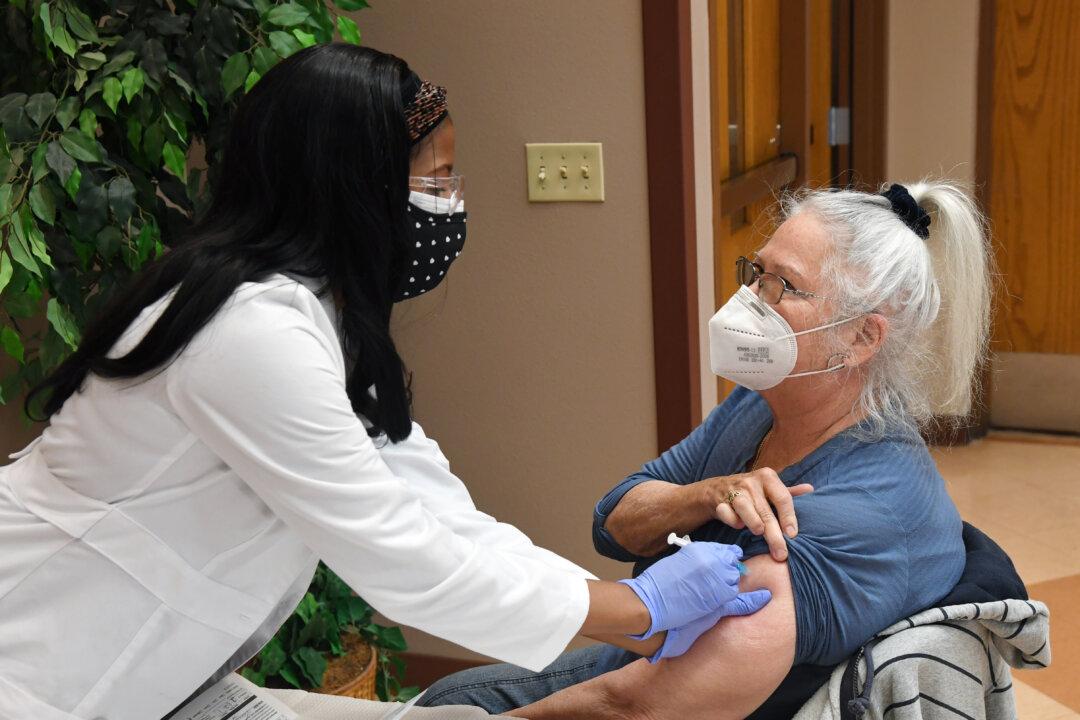Hospital admissions for COVID-19 patients in the United States are declining for the first time since late June, suggesting the latest surge has peaked.
The seven-day average of new daily hospitalizations with confirmed COVID-19 dropped by 2.4 percent from a week earlier to about 12,280—the first such drop since around June 27, according to the U.S. Department of Health and Human Services. It comes as fewer hospitalizations are being reported in Florida, Texas, and other Southern states, the agency said.





